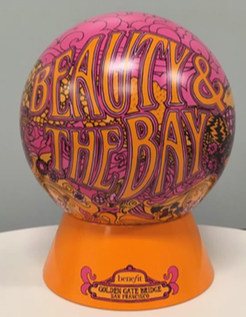Beauty and the Beast – A tale of (trade mark infringement) as old as time
IPEC has ruled over the recent dispute between Beauty Bay (claimant) and Benefit Cosmetics (defendant) which arose after Benefit sold a Christmas gift set contained in a globe shaped box displaying the words “Beauty and the Bay”. The gift set was part of a 13 product collection celebrating 50 years since the Summer of Love and the company’s San Francisco heritage which included products like “Glam Francisco”, “I Left my Heart in Tan Francisco” and “B.Right by the Bay”.


